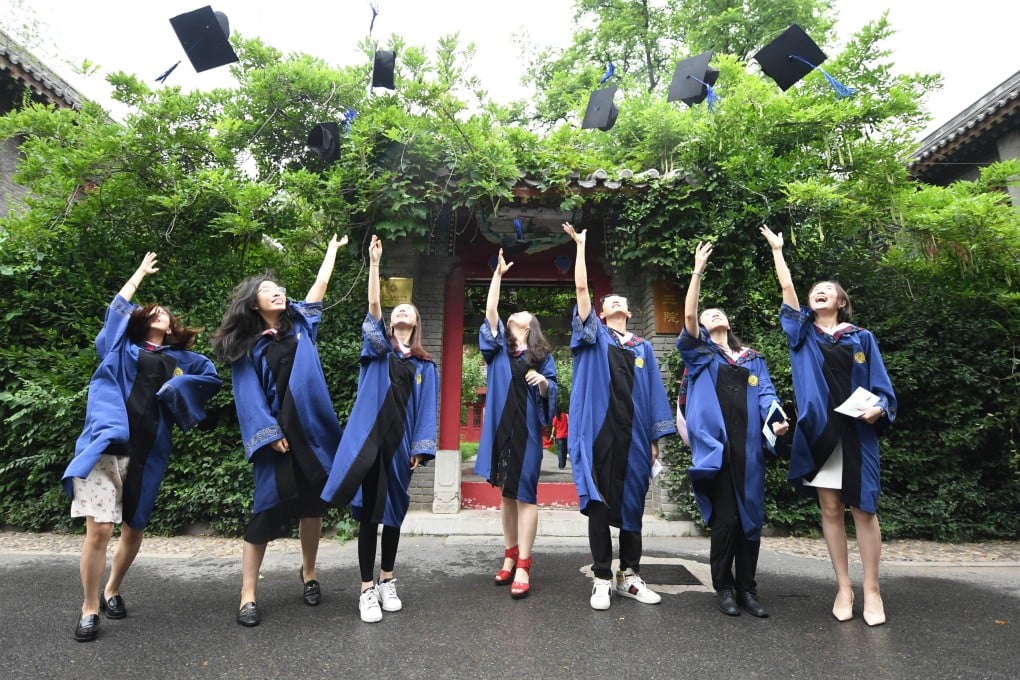China’s technology, research talent pool large, but ‘not strong enough’, lags behind US
- China is projected to produce over 77,000 STEM PhD graduates per year by 2025, compared to around 40,000 in the US
- But despite the large talent pool, China Europe International Business School president and professor of management Wang Hong says it is still ‘not strong enough’

China is facing a daunting challenge to consolidate its talent pool as it still lags behind the United States significantly in core technology and basic research, according to a Chinese economist.
“China leads the world in the number of science, technology, engineering, and mathematics (STEM) graduates, because of our large population,” said Wang Hong, president and professor of management at the Shanghai-based China Europe International Business School.
China is projected to produce over 77,000 STEM PhD graduates per year by 2025, compared to around 40,000 in the US, according to a report by the Centre for Security and Emerging Technology, a think tank based at Georgetown University.
But despite the large talent pool, Wang said there is still a considerable gap between China and the US in artificial intelligence and new materials talent, as well as the ability to convert basic research into direct productivity and high-end manufacturing.